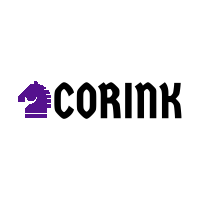Google’s war against adblock may get a new episode in 2024. The big tech has announced that it will resume the rollout of the Manifest V3 extension format for Chrome next year. This technology will further limit the way extensions act in the browser.
The project, introduced in 2021, was put on “hiatus” at the end of 2022 after complaints from users that their favorite extensions would be affected – especially ad blockers. However, the resumption of the format should limit the effectiveness of ad blockers.
According to Google’s information, the current Manifest V2 will be discontinued from June 2024. The format will be disabled from pre-stable versions of the browser (Beta, Dev, and Canary) and compatible extensions will no longer be able to be installed from the Chrome Web Store.
The big tech reports that the change between versions of the format should last about a month in pre-stable browsers. The period will be used to track testing of Manifest V3 ahead of the release to Chrome’s stable channel in early July 2024.
Google mentions that enterprise users will get an extra year of Manifest V2 compatibility. Enough time to search for new options or wait for extension updates.
The company also requests that developers migrate their projects to Manifest V3 before June 2024. The break will be important for quality testing and will allow the extensions to be ready for the debut of the new format.
How does Manifest V3 affect adblock?
Google cites that Manifest V3 will ensure greater protection and privacy for Chrome users. In addition, the format helps reduce the memory consumption of browser windows.
Unlike the current Manifest V2, the format imposes a limit on the filtering rules that can be used by an extension. This directly influences the “efficiency” of adblocks. Especially, on pages with multiple ads.
While Google has updated the filtering limit to 30,000 rules — initially, it would only be 5,000 — that won’t be enough for most extensions. For example, uBlock Origin works with 300,000 filtering rules to “map” and prevent ads from being viewed.
On the other hand, Mozilla Firefox has stated that it will adopt Manifest V3, but with no filtering limits for browser extensions. A detail that can make many users of Chromium browsers (Chrome, Edge and Brave) migrate to another platform.

